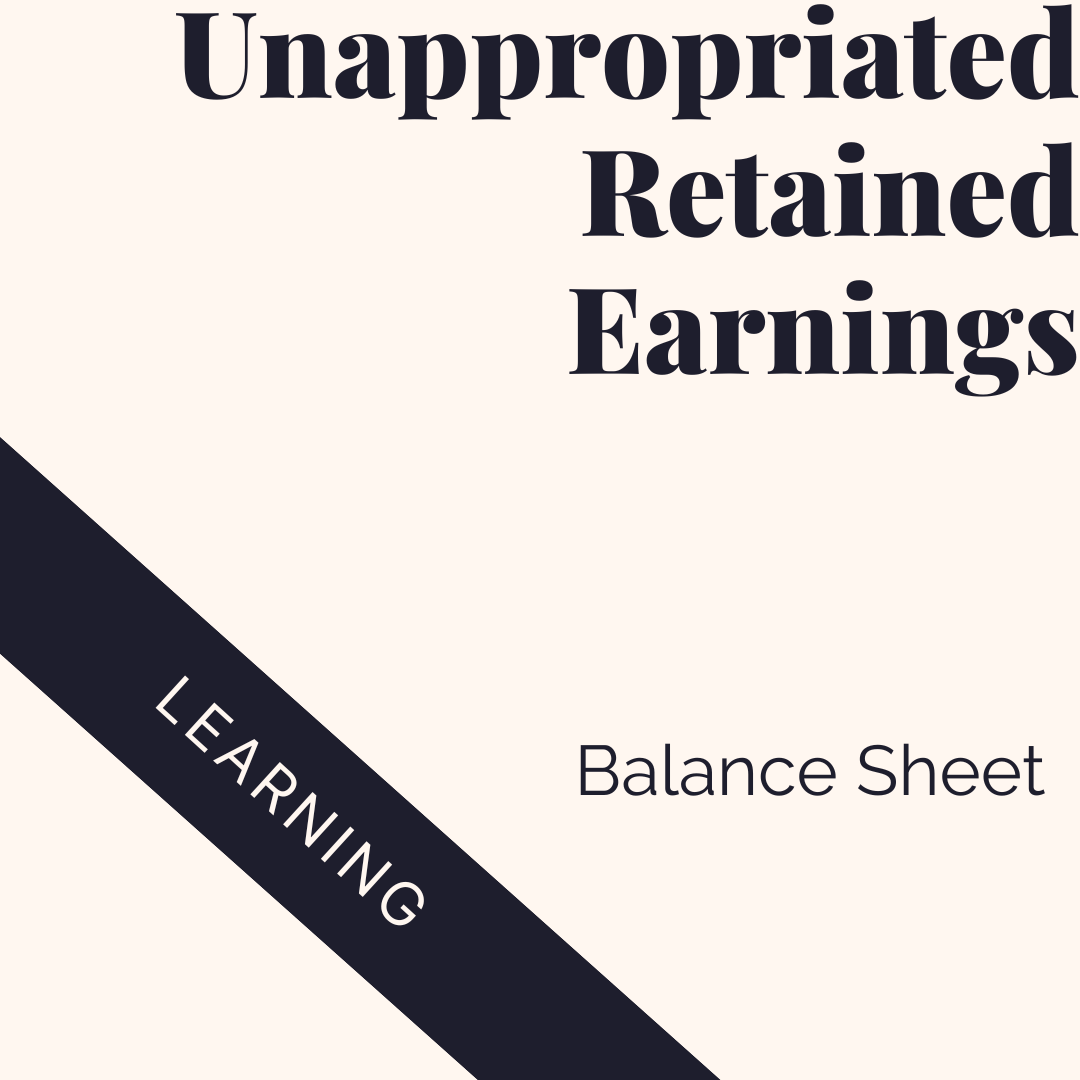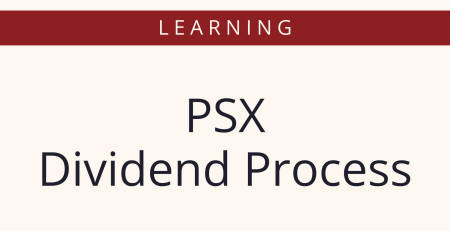What are unappropriated retained earnings and why they matter?
Unappropriated retained earnings are those profits that have NOT been set aside by the board of directors for any specific purposes. These are funds that may be given out as dividends in the future.
For the time period in question, these funds are not required for normal business operations. However, at some point in the future, the company management may decide that they want to use their unappropriated retained profits for some specific purpose, such as upgrading machinery to improve business output. Or it may decide to give them out as dividends.
📢 Announcement: You can now access our services and similar analyses by opening an account with us via JS Global

Consider a business that posted revenue of $80,000 and earned a profit after tax of $20,000.
| Revenue | $80,000 |
| Expenses | $60,000 |
| Net Income | $20,000 |
As a shareholder, you might look at the $20,000 and think this amount is what the company owes you as profits. However, the company needs money to run its business operations.
The management of the company decides that it needs $15,000 to keep running its business operations.
📢 Announcement: We're on WhatsApp – Join Us There!
So it ‘appropriates’ $15,000 for business operations.
The remaining profits($5,000) now become ‘Unappropriated retained earnings’ and may be paid out as dividends.
| Net Income | $20,000 | |
| Appropriated retained earnings | $15,000 | Retained for business operations |
| Unappropriated retained earnings | $5,000 | May be used for dividends in future |
Why are unappropriated retained earnings important?
Unappropriated retained earnings are an important thing to look at in a balance sheet. If a company’s unappropriated profits are increasing, and the company also keeps paying regular dividends, it is a positive sign for investors, as it mostly means the company’s sales and profits are increasing at a healthy rate.
However, as with every other thing in investing, the devil lies in the detail. As an investor, you should dig deeper and find out if the company’s unappropriated retained profits are actually hurting the business.
For example, take a utility company that generates electricity and earns consistent profits. Its profits increase every year, it pays out a healthy dividend, and its unappropriated profits also keep increasing.
What happens when the efficiency of this company’s powerplant goes down, and it can’t produce cheaper electricity like other modern power plants?
If the company faces this problem in the future, then its unappropriated earnings were actually harming the business, even though you as the shareholder may have been receiving handsome payouts.
When a company stops investing in its own business or upgrades, it is extremely hard to continue growing. When you see your company doing that, it might be a good idea to take your investment out and park it elsewhere.
Remember that in case of bankruptcy, all retained earnings(both appropriated and unappropriated) are used to pay off the creditors first.
How to analyse the unappropriated retained earnings of a business?
You will find the unappropriated retained earnings in the equity section of the company’s balance sheet. Here is an example of Microsoft’s(MSFT:US) retained earnings(found in its balance sheet):

Microsoft’s retained earnings kept increasing every year in the past three years. And so did its revenue and dividend.
Here is Microsoft’s dividend chart:

As you can see, the company has consistently increased its dividends, while earning more revenues, and increasing its retained earnings.
In short, MSFT is an amazingly well-run business.
What if the retained earnings are negative?
Negative retained earnings mean the company is utilizing more cash than it is earning. It could be utilizing the cash in its business operations or paying out dividends. It is also referred to as ‘accumulated deficit’
If the company is paying out more in dividends than its retained earnings, then it may be a red flag. It may mean that the company has run out of ideas to grow its business.
Apple Inc. (AAPL:US) is an example of a company with negative retained earnings. Here’s a snapshot of its balance sheet:

Apple is another great business. But it struggles with retained earnings as it spends a major chunk of its net income in share buybacks. In 2022, it spent $89.4bn in buybacks while its net income stood at $99.8bn. It also gave out $14.8 bn in dividends.
One could conclude from this that Apple has too much cash and it spends most of it in dividend payouts or share buybacks. These are beneficial for the shareholder, but detrimental to its growth.
To conclude, make sure you look at a company’s retained earnings in the context of its business operations. Retained earnings may or may not be good for the shareholder. It all depends on how well other parts of the business are doing.
⚠️ This post reflects the author’s personal opinion and is for informational purposes only. It does not constitute financial advice. Investing involves risk and should be done independently. Read full disclaimer →













Leave a Reply